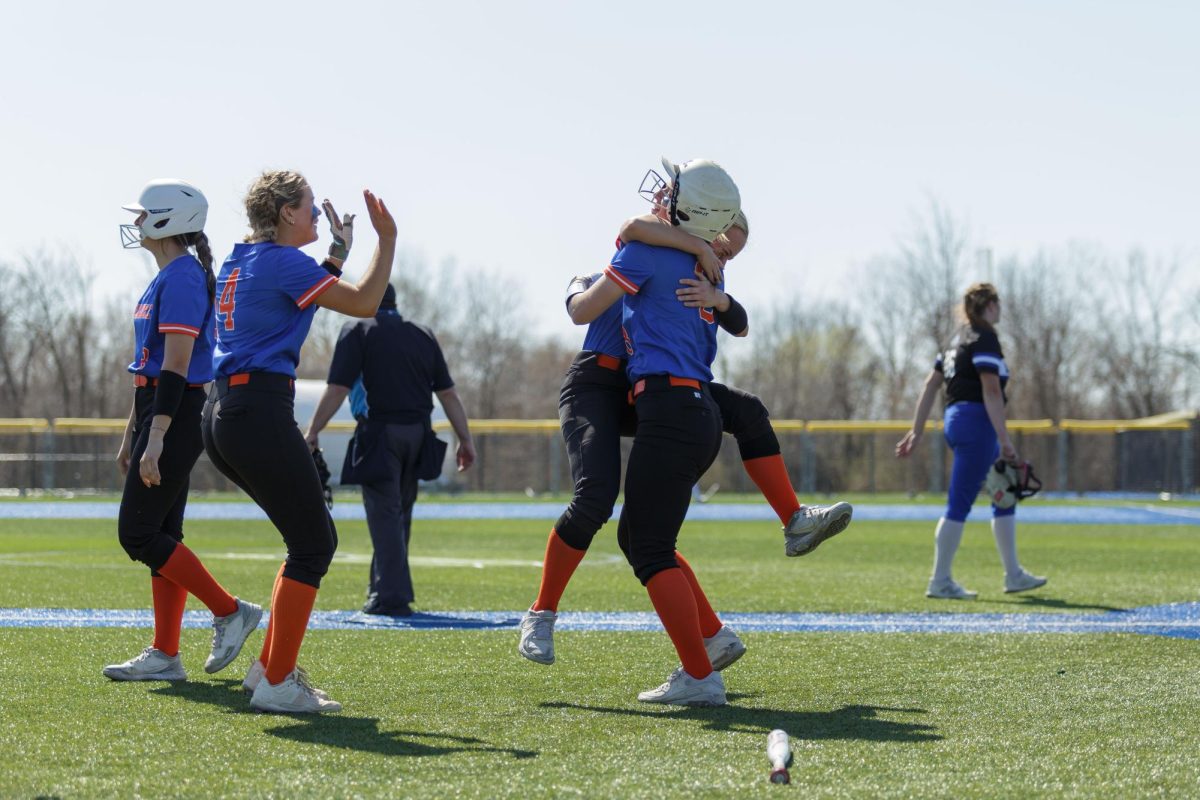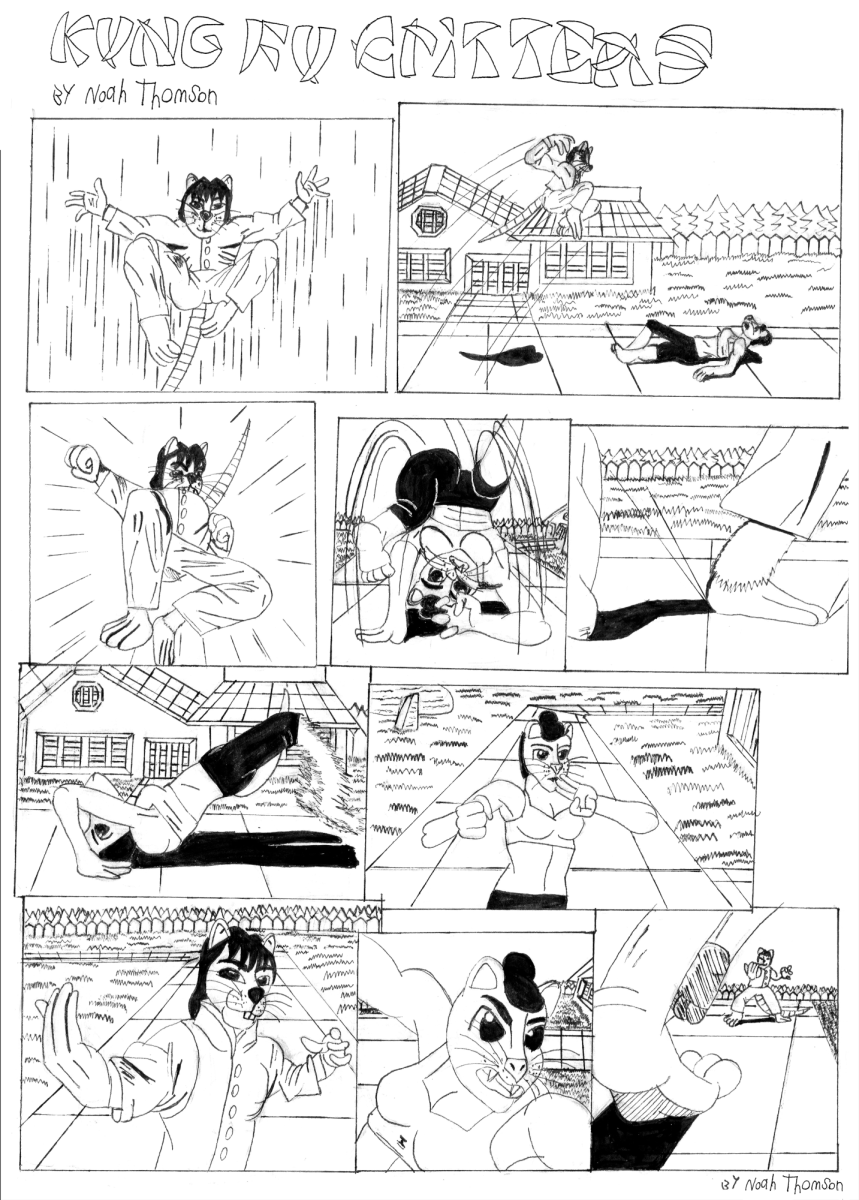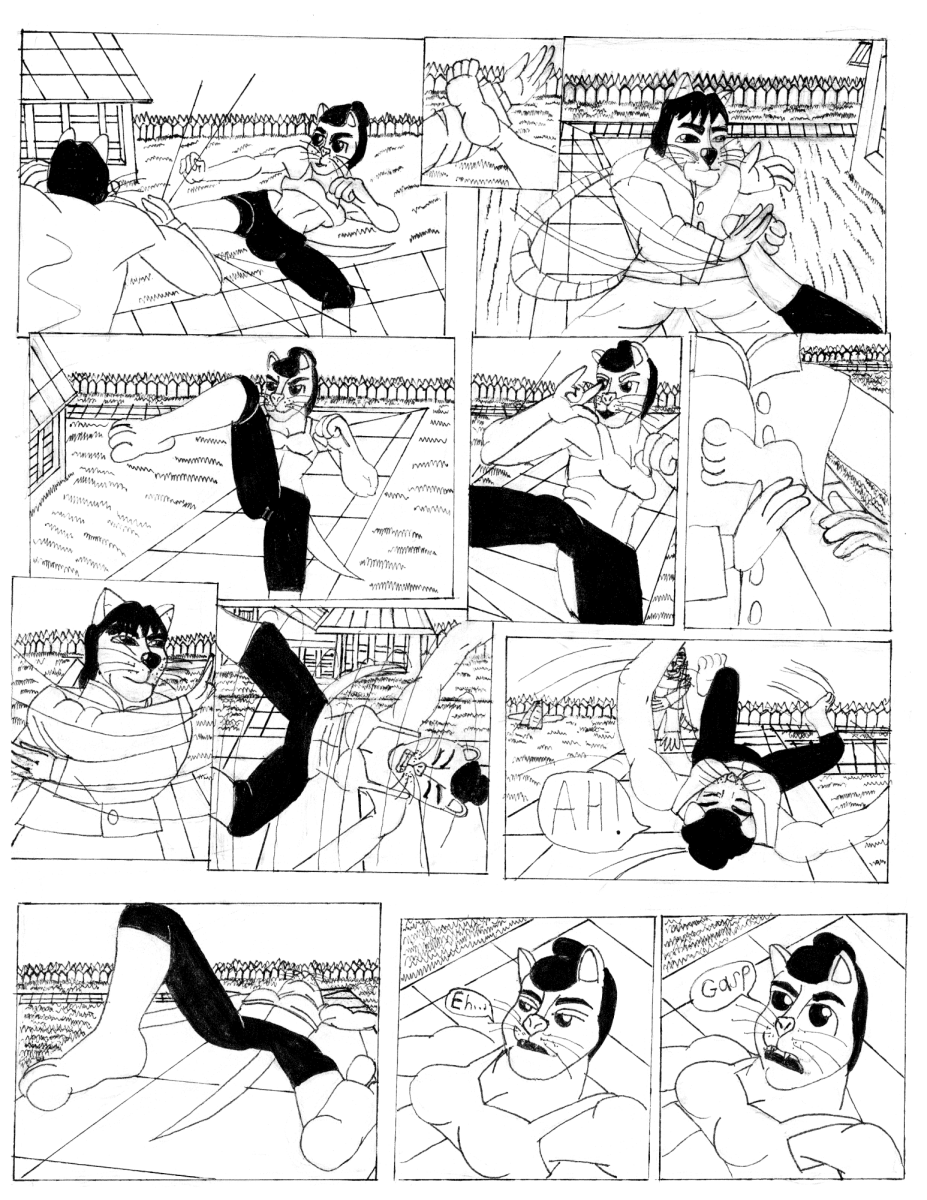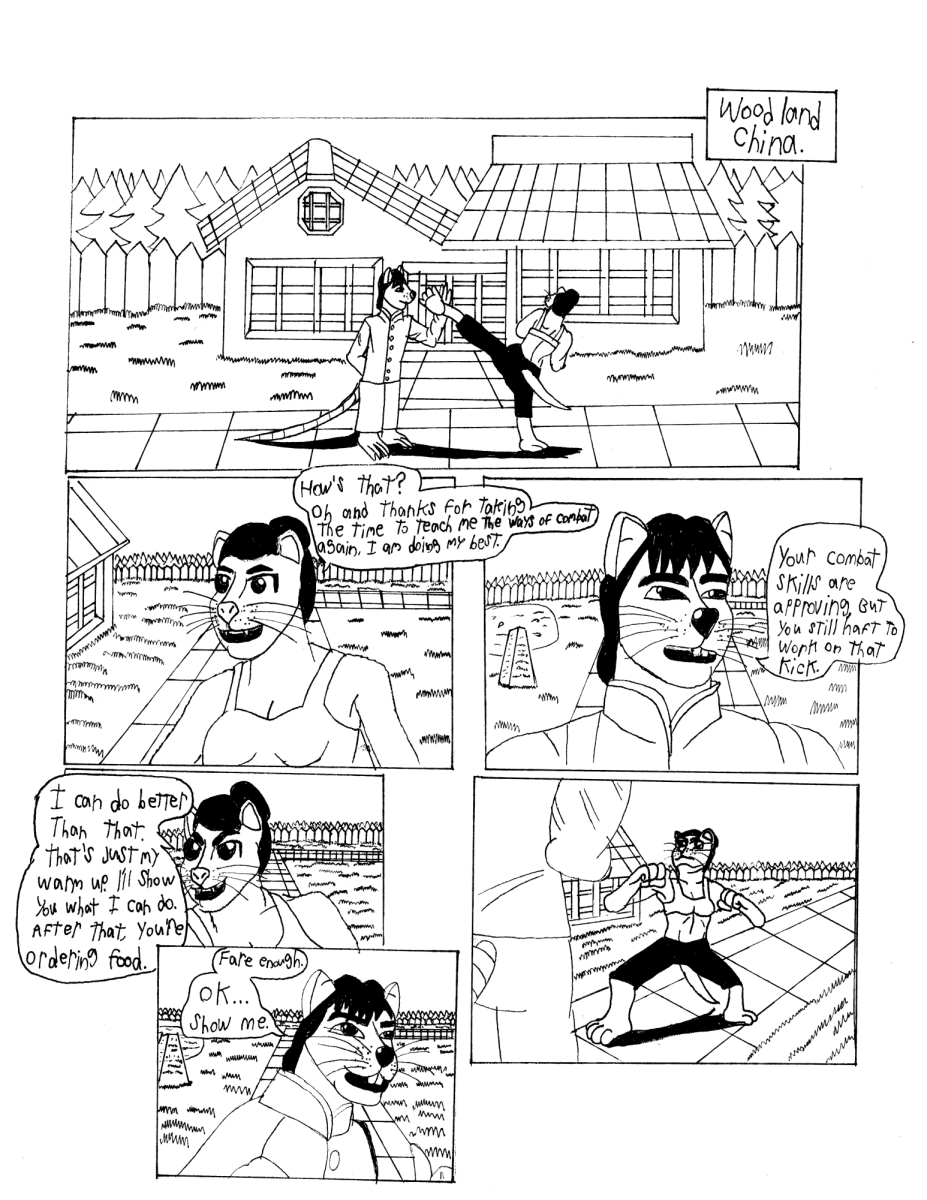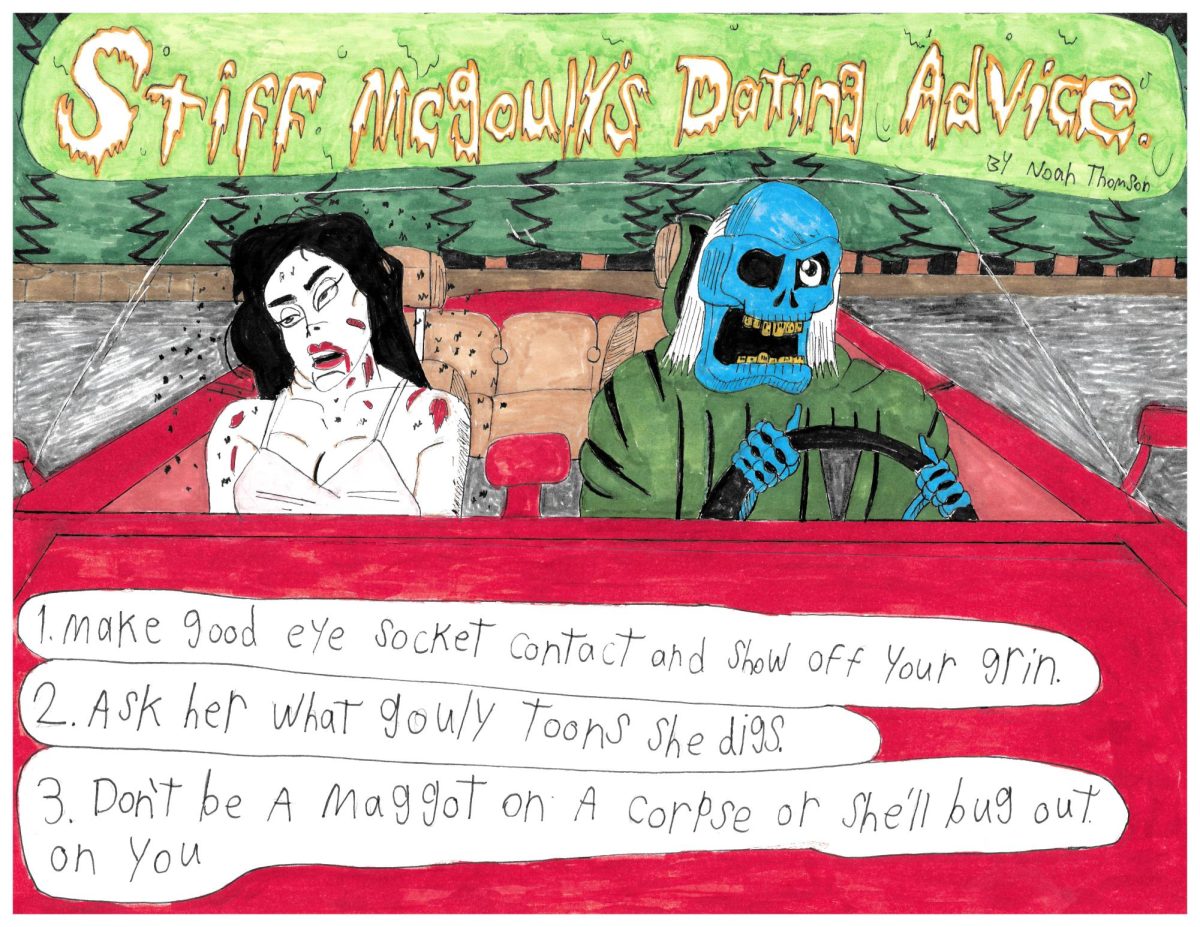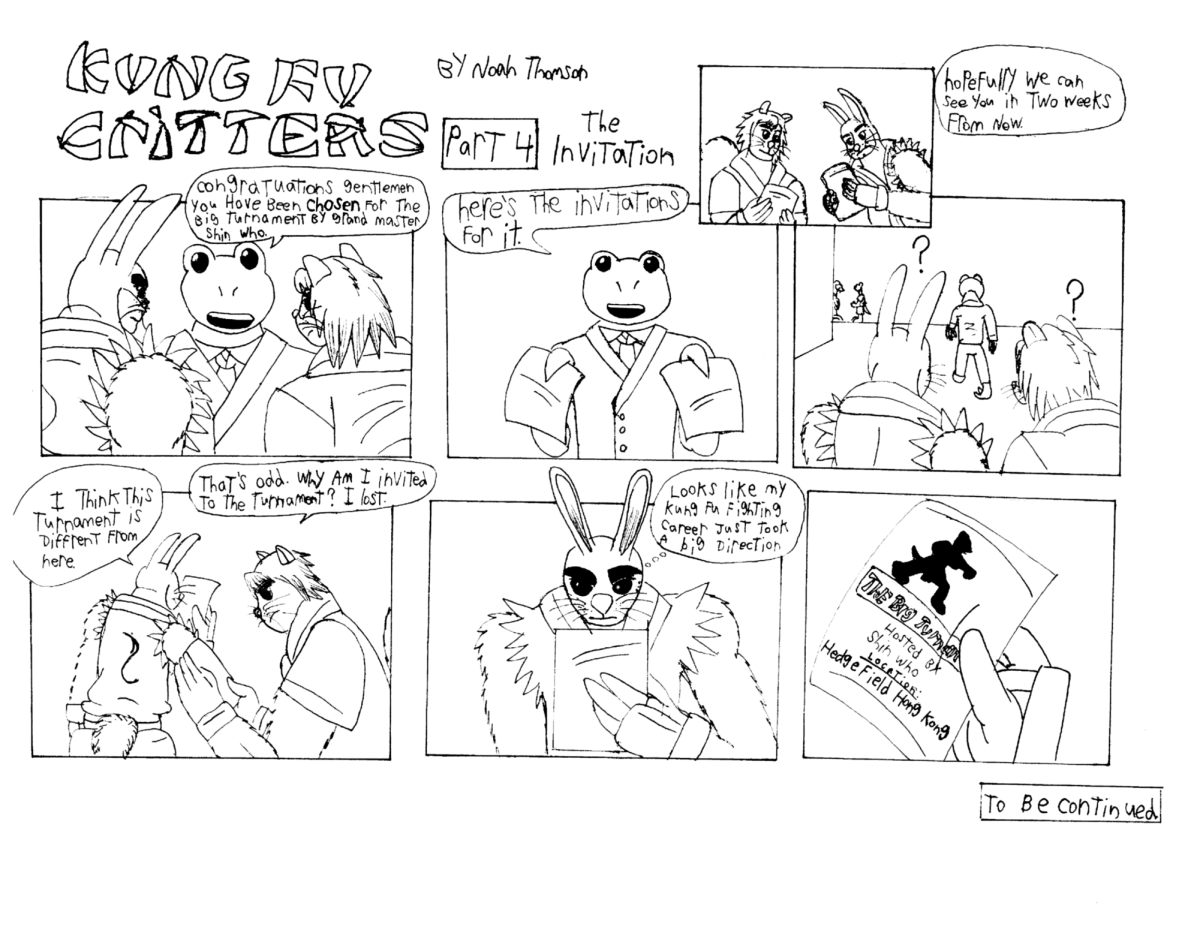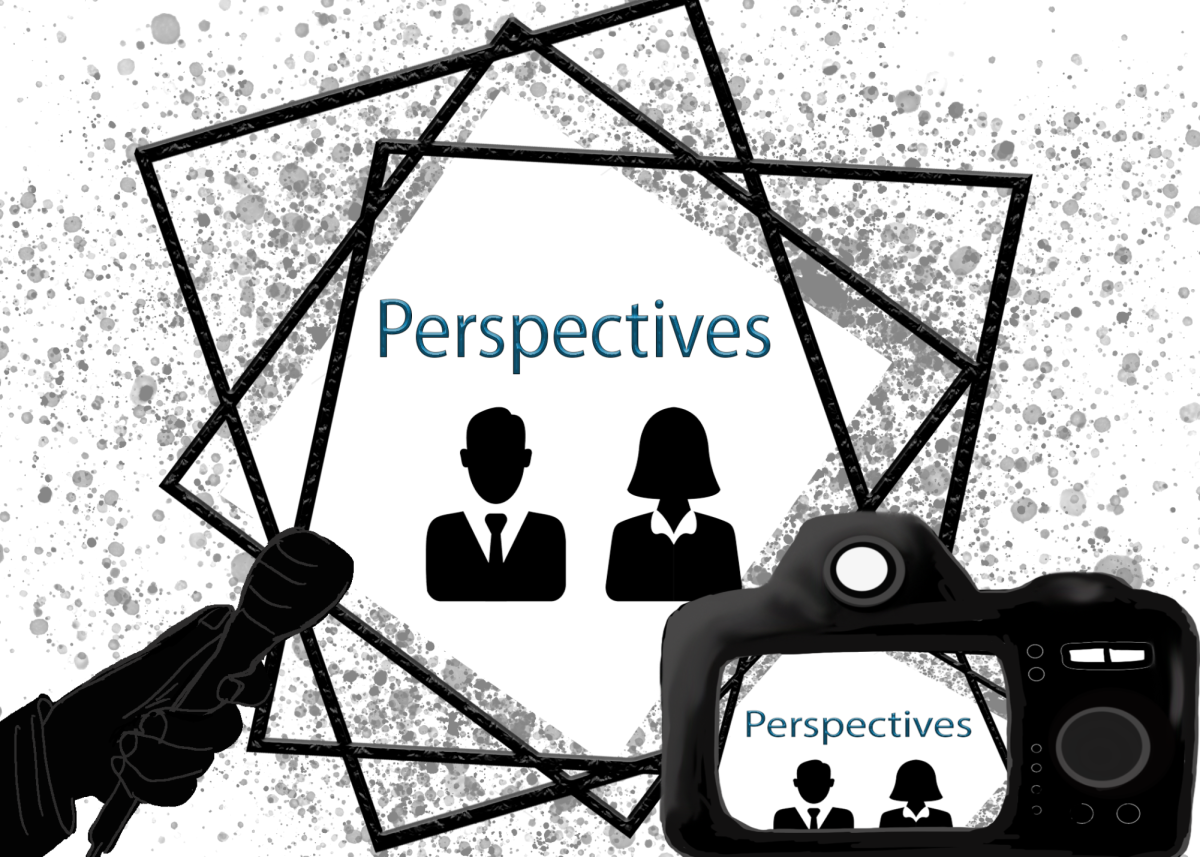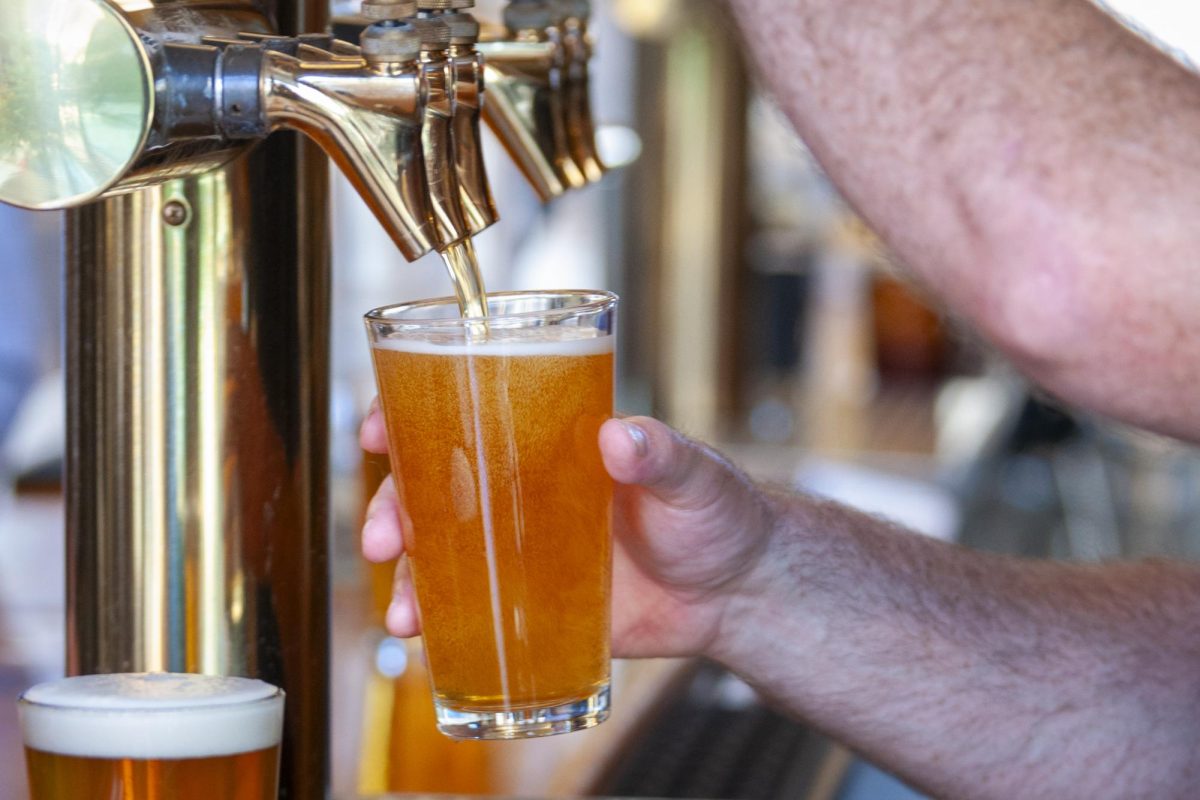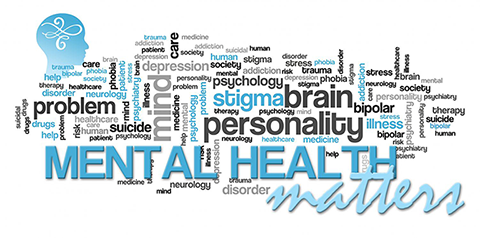Reefer, maryjane, pot, marijuana, dope, ganja, and weed; the many names of cannabis. Pardon my bluntness.
For the record, I don’t smoke marijuana, mainly because I don’t enjoy its effects and also because I’m a hard-working, poor college student. However, I do support its legalization.
The U.S. war on drugs primarily focuses its attacks on marijuana. The Sentencing Project, which works for changes in sentencing law and policy, conducted a study that showed the war on drugs stresses too much financial and personnel investment in marijuana offenses, that it diverts funds away from other crime types, which represents a questionable policy choice.
The term was first coined by former president Richard Nixon in 1972, and the initiative was a prohibition campaign to reduce the illegal drug trade. However, the public policy has been a complete failure. The war on drugs government policy has escalated since the 1970s, while becoming more violent and expensive with no science or legal justification.
The irony is that prominent politicians supporting these policies suggest the use of drugs can permanently damage a person’s future, yet they have experimented with illegal substances before.
High-profile politicians such as Bill Clinton, George W. Bush and Barack Obama have all admitted to using marijuana before, as well as harder substances. Their drug use has not harmed their political careers by any means.
Former president Jimmy Carter stated that penalties against a drug should not be more harmful to an individual than the use of the drug itself. He told congress in 1977 that he supported “legislation amending federal law to eliminate all federal criminal penalties for the possession of up to one ounce of marijuana.”
If the U.S. were to legalize marijuana, taxpayers would save billions of dollars. The war on marijuana costs $12 billion annually due to enforcement, prosecution and propaganda against it for law reform.
Around 60% of prisoners in the U.S. are serving for drug offenses. According to the National Organization for the Reform of Marijuana Laws, there are 830,000 individual marijuana arrests per year, equivalent to 95 per hour, far more than the total number for all violent crimes combined, such as rape, murder and assault. Out of the marijuana violations, nearly 90% of those were charged with possession only.
Marijuana is like a peace lily compared to alcohol and cigarettes; those are the real weeds. There are 400,000 tobacco-related deaths each year and 50,000 people die each year from alcohol poisoning. In the history of mankind, there has not been a single death from marijuana use. It is impossible to die from an overdose on marijuana; one cannot smoke oneself to death.
Smoking marijuana does not cause any serious health problems like those caused by alcohol or tobacco. A study by the UCLA School of Medicine conducted on 243 marijuana smokers over the course of eight years showed “neither the continuing nor the intermittent marijuana smokers exhibited any significantly different rates of decline in lung function as compared with those individuals who never smoked marijuana.” The school study concluded, “No differences were noted between even quite heavy marijuana smoking and non-smoking of marijuana.”
Marijuana use does not induce violence. Picture a marijuana bar next to an alcohol bar. Which one is more likely to experience a bar fight?
Bill Hicks, a famous American comedian in the 1990s, said, “I have never seen two people on pot get in a fight because it is f****** impossible!
“Hey, buddy!
“Hey, what? End of argument.”
Unlike cigarettes and alcohol, marijuana has medicinal benefits. Information from the Mayo Clinic shows it has been effective in reducing nausea in chemotherapy cancer patients, stimulating appetite in AIDS patients, reducing muscle spasms and pain in multiple sclerosis patients and reduced pressure in the eyes with glaucoma patients.
A study conducted by Time Magazine and CNN shows that 80% of Americans support the legal use of medicinal marijuana for patients.
Marijuana does not harm the body or mind. According to the Drug Policy Alliance, marijuana does not cause physical dependence nor is it addictive. There is only a small minority who develops a mental dependence, and less than 1% of Americans smoke marijuana on a daily basis.
Unfortunately, the anti-marijuana propaganda suggests that those who use marijuana are smoking their futures away.
Everything is good in moderation.
“They lie about marijuana,” said comedian Hicks. “Tell you pot smoking makes you unmotivated. Lie! When you’re high, you can do everything you normally do just as well . you just realize that it’s not worth the effort.














